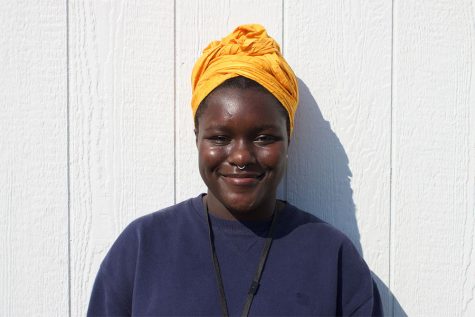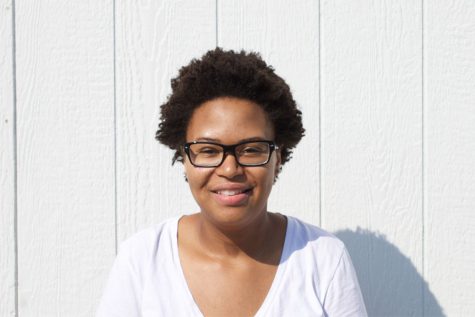Opinion: Not My President
November 16, 2016
By the early morning of November 9th, it was clear that presidential nominee Donald Trump would win the 2016 presidential election. Well before this, though, social media sites including Twitter, Facebook, Instagram, and Snapchat had already begun spreading jokes and memes about a Trump presidency.
Although the 2012 election of president Barack Obama also prompted memes and jokes, these jokes were different. The jokes reflected the fear people felt after being the targets of an 18-month long hate-filled campaign. Jokes like, “What we singing on the plantation?”, and, “Can’t wait to be a registered terrorist!” The internet rushed to laughter to help absorb the shock that accompanied the results of the election.
This past Tuesday, America not only elected a president-elect, but also legitimized a campaign based on xenophobia, racism, and misogyny, among other things.
Mexican-Americans that were called rapists and criminals by a presidential candidate watched him win. Black Americans watched a presidential candidate reinforce stereotypes about them being poor and uneducated, legitimizing the beliefs of his racist supporters, and watched him win. Disabled Americans watched a candidate mock a man with cerebral palsy on national television, and watched him win. American women watched a presidential candidate defend rape culture and be accused of sexual assault. . .and still watched him win.
People watched a man with literally no political experience run for president and voted for him rather than the more qualified candidate, supporting policies that aligned with their own hateful beliefs. This past Tuesday, hate won over logic. Even if Trump’s actual presidency does not reflect the things he used to push his campaign forward, he has successfully fed on and rekindled old yet powerful feelings of fear and hatred.




